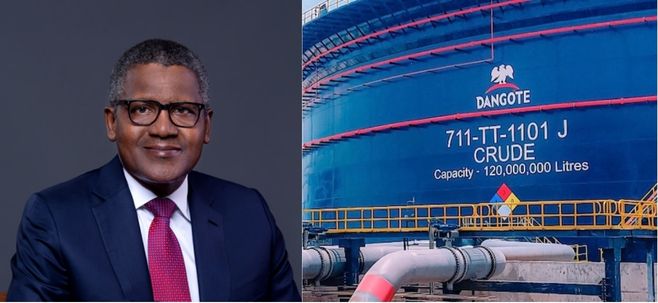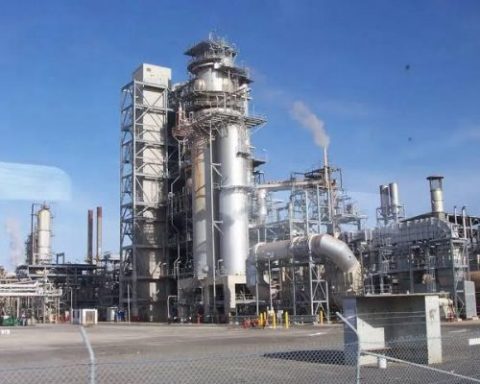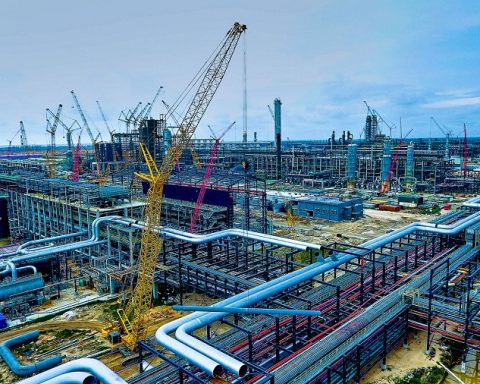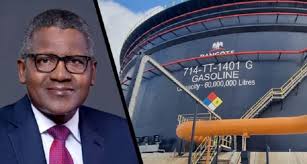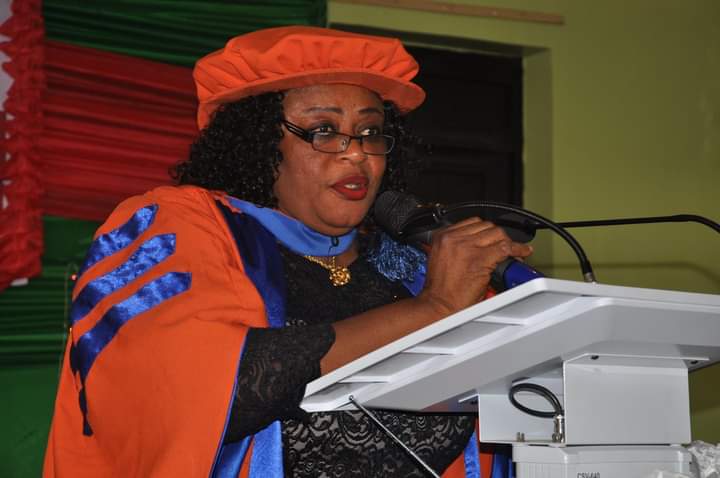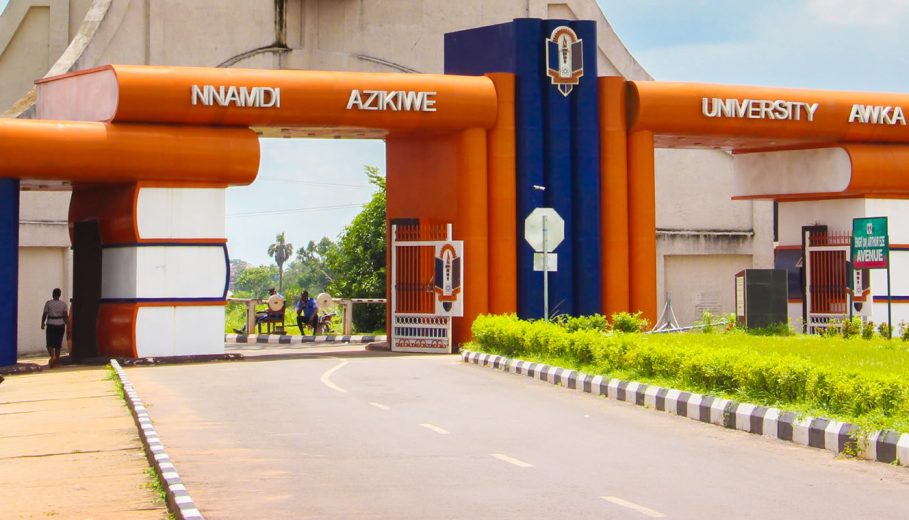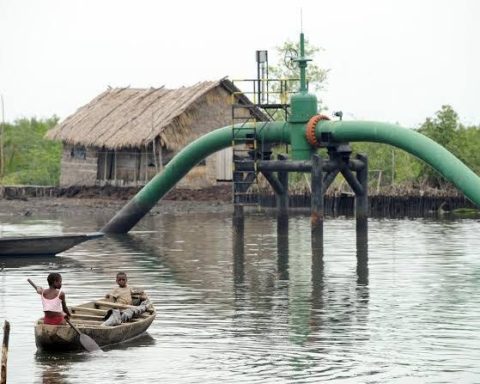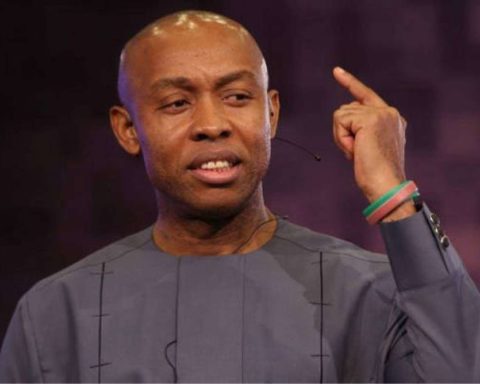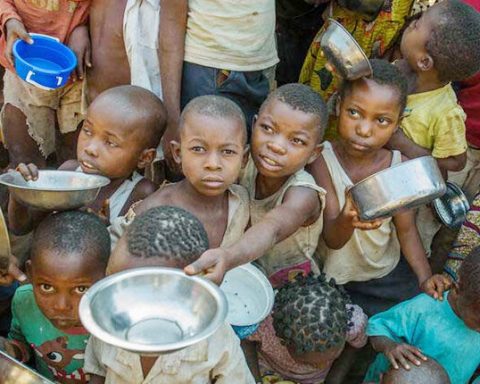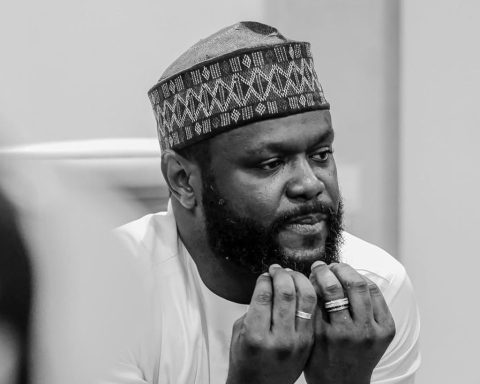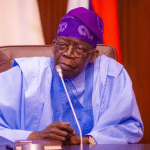After Nigerians hoped and joked about a new June 2024 date for the Dangote Refinery to set sail with PMS production, the media called for optimism, because the man himself, Aliko Dangote, had weighed in, assuring that his refinery would gush fuel surely on the given date. The hope and joke were born out of a litany of failed attempts to have the refinery produce PMS.
Since 2019, the refinery has experienced at least 10 missed deadlines to either be completed or to start production. It was even once commissioned in 2023, without having been completed. After sworn assurances about June or is it July 2024, a new date is August.
Join our WhatsApp ChannelApart from questions about all the delays, there are also questions about why public and private refineries in Nigeria always experience delays when it comes to producing Premium Motor Spirit (PMS) for two decades now. Many Nigerians do not know that the refinery is already producing something, that is, aviation fuel and gas, for the export market. PMS, the one the ordinary man cares about, remains a mirage. On this, it is also worth the query why Dangote Refinery has become a tomfoolery on Nigerians.
Was it a mistake?
When politicians do mind games, they often want to box you into a corner. Nigerians have been forced to accept that even if operational anytime, neither Dangote Refinery’s fuel nor those of any of the four drooling refineries will make the product cheaper as it is now. What is also not common knowledge is that Dangote Refinery may after all be a plain white elephant project; perhaps even a curious mistake by hegemonists, who are wondering why they allowed Nigeria to get such a refinery in the first place.
READ ALSO: Dangote Refinery Sets New Date For Petrol Sales To Marketers
This mistake may have begun when some detractors bent on economically fleecing Nigeria, focused solely on the financial golden goose the refinery will be. And surely it was, but the prospects of allowing Nigeria to have a vibrant local refinery, after a careful choreography to sink all of its four refineries, seemed a nightmare. The four refineries had also become cash cows, because the projects connected with their refurbishments have gulped over N11.35 trillion (about $8.5 billion), yet they remained unproductive. It costs at least $10 billion to build a modern full-fledged refinery.
Dangote Refinery Is Accustomed To Strategic Delays
The history of Dangote Refinery often begins from 2017 when construction began on the refinery. Reports had it that the refinery at the time would cost $9 billion. In fact, plans for the refinery were unveiled in 2013, and with assurances that work would soon begin, a 2016 date was given for production of refined oil products to start. This is the history of the serial postponements that now characterise the Dangote Refinery process. Nowadays, when any date is set by the refinery for production, it is open to many interpretations, including a synonym for eternity and uncertainty.
Even by 2016 when production was billed to begin, the builders were just able to do basic preparations of construction material and excavations. Completion date for building the refinery was pushed to 2018 from 2016. The year 2018 was also the year set for an adjoining three-million ton annual capacity fertiliser plant to take off. Therefore, construction of the refinery was said to have actually started in 2017, and this is the date many know in terms of the recorded history of the commencement of the refinery.
By the end of the 2018 deadline for oil refining to takeoff, the cost of building the refinery ($10 billion), together with the fertiliser ($2.5 billion) and pipeline aspects ($2.5 billion) had nudged up to $15 billion. By 2024, the refinery was said to have cost $20 billion to build, up from $19 billion as of December 2023.
Completion date was again set for 2021, and in fact, the media at times reported in 2022 that the refinery had been completed, following a loan of N187 billion (about $442 million) taken by Aliko Dangote. By this date, Nigeria’s four other refineries had completed two decades in a state of absolute coma, despite gulping $1.5 billion in turn-around maintenance, enough to build 27 new modular refineries. The four refineries have yet to commence operations after more than 10 promises to the contrary.
In May 2023, weeks to leaving office, former President Muhammadu Buhari, in the pretext of a completed refinery, commissioned it. The refinery had set September, October, and November 2023 as the date to start producing diesel, kerosene and gasoline respectively. News emerged later that the refinery had not been completed. The year 2024 became a new vista of dating opportunities for the miracle of production to start. Speaking at the Africa CEO Forum Annual Summit in Kigali, capital of Rwanda, May 17, Aliko Dangote said Nigeria, and indeed West Africa, could get all of their need for diesel, aviation fuel and gasoline from his refinery as early as June 2024, with a daily capacity of 650,000 barrels.
And then the story of failures in crude delivery, and it is a story for another day. We will surely serve you the story shortly.
Dr Mbamalu is a Jefferson Fellow, member of the Nigerian Guild of Editors (NGE) and a renowned Publisher
Follow on X: @marcelmbamalu
Dr. Marcel Mbamalu is a distinguished communication scholar, journalist, and entrepreneur with three decades of experience in the media industry. He holds a Ph.D. in Mass Communication from the University of Nigeria, Nsukka, and serves as the publisher of Prime Business Africa, a renowned multimedia news platform catering to Nigeria and Africa's socio-economic needs.
Dr. Mbamalu's journalism career spans over two decades, during which he honed his skills at The Guardian Newspaper, rising to the position of senior editor. Notably, between 2018 and 2023, he collaborated with the World Health Organization (WHO) in Northeast Nigeria, training senior journalists on conflict reporting and health journalism.
Dr. Mbamalu's expertise has earned him international recognition. He was the sole African representative at the 2023 Jefferson Fellowship program, participating in a study tour of the United States and Asia (Japan and Hong Kong) on inclusion, income gaps, and migration issues.
In 2020, he was part of a global media team that covered the United States presidential election.
Dr. Mbamalu has attended prestigious media trainings, including the Bloomberg Financial Journalism Training and the Reuters/AfDB Training on "Effective Coverage of Infrastructural Development in Africa."
As a columnist for The Punch Newspaper, with insightful articles published in other prominent Nigerian dailies, including ThisDay, Leadership, The Sun, and The Guardian, Dr. Mbamalu regularly provides in-depth analysis on socio-political and economic issues.


